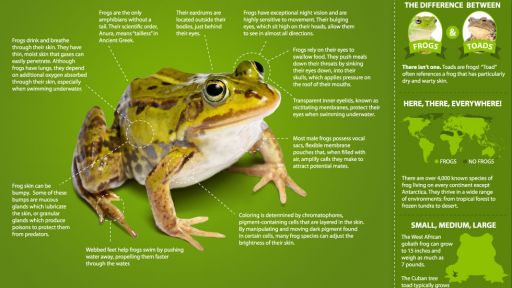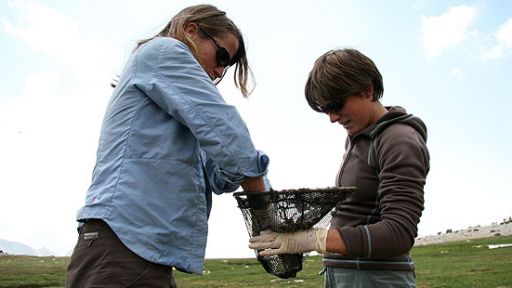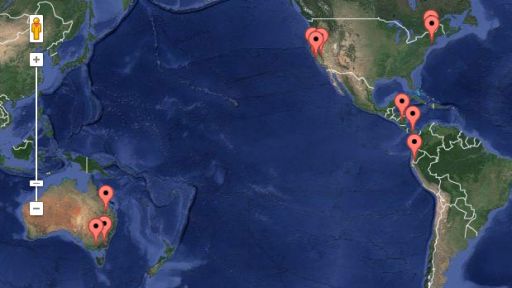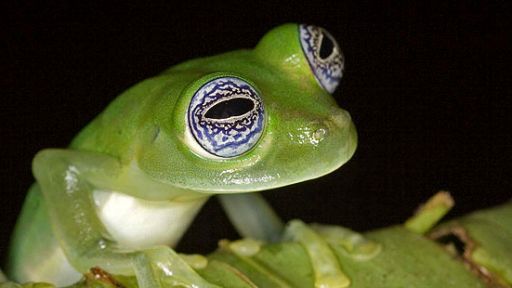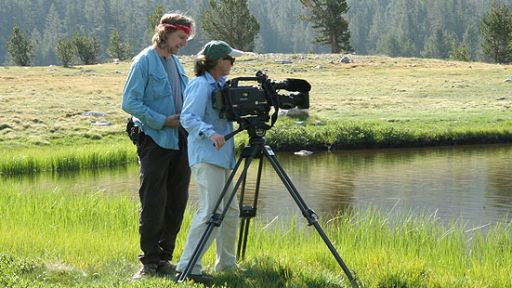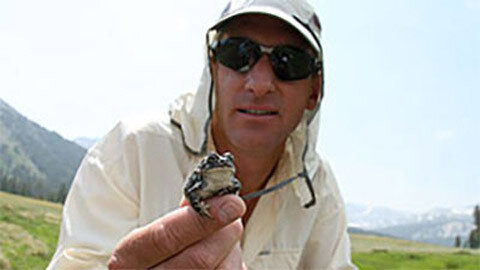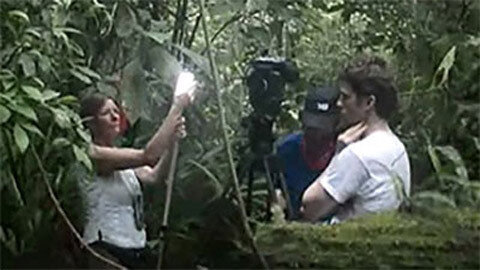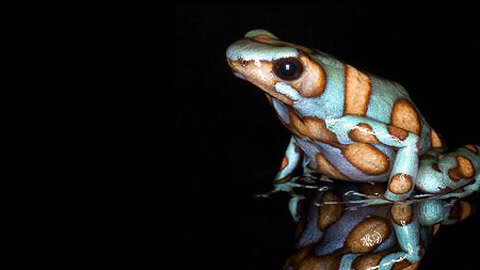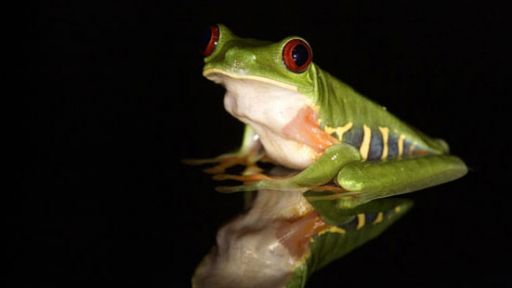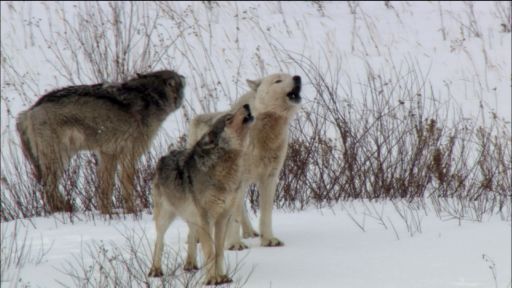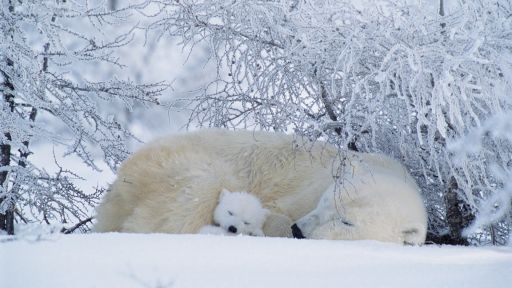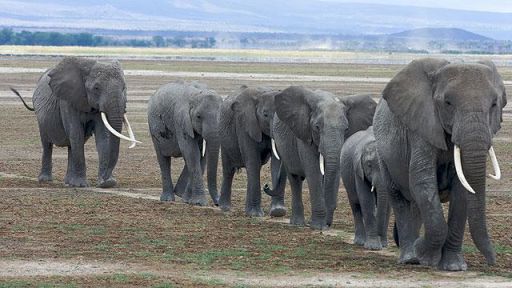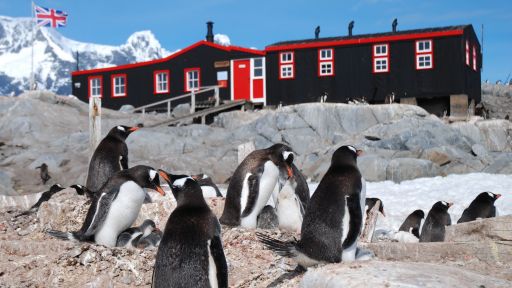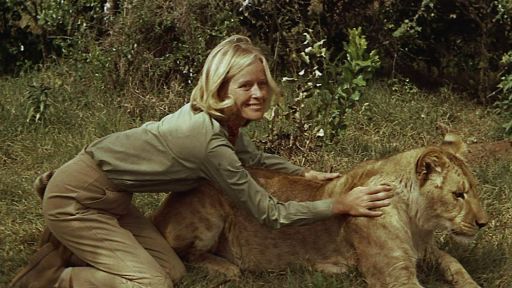Amphibian Ark
http://www.amphibianark.org
Amphibian Ark works in partnerships with other organizations to ensure survival of amphibians, especially those that cannot survive in the wild.
Amphibian Conservation Alliance
http://www.frogs.org
This non-profit organization is working to protect amphibian wildlife through scientific, educational, and advocacy programs.
AmphibiaWeb
http://www.amphibiaweb.org
This online system provides access to information on amphibian declines, conservation, natural history, and taxonomy.
Amphibian Research Centre (Gerry Marantelli’s org in Australia)
http://frogs.org.au/
This Australian site provides an expertise in all areas of frog knowledge including captive breeding, research and education.
Association of Zoos and Aquariums
http://www.aza.org/helpfrogs
This page suggests ways you can help frogs, from reducing your use of water and carbon-based fuels, to educating yourself about frogs and other amphibians.
FrogwatchUSA – USGS/National Wildlife Federation
http://www.nwf.org/frogwatchUSA
Frogwatch is a site where you can help scientists conserve amphibians through a citizen science program.
ASG – (IUCN Amphibian Specialist Group)
http://www.amphibians.org
This site provides information on several organizations supporting a global web of partners to develop funding for amphibian conservation.
CBSG (IUCN/SSC Conservation Breeding Specialist Group)
http://www.cbsg.org
This site has networking information on professionals dedicated to saving threatened species.
IUCN Global Amphibian Assessment
http://www.globalamphibians.org
This organization assesses the conservation status of species, subspecies, varieties, and even selected sub-populations on a global scale.
WAZA (World Association of Zoos and Aquariums)
http://www.waza.org
This educational organization is the “umbrella” for the world zoo and aquarium community.
Mountain Yellow Legged Frog Site
http://www.mylfrog.info/
This site provides up-to-date information on the natural history and conservation of the mountain yellow-legged frog, a group of two closely-related species that inhabit California’s highest mountains.
Atlanta Botanical Gardens
http://www.atlantabotanicalgarden.org/site/conservation/amphibian_research
The Atlanta Botanical Garden has an active captive breeding and research program with educational displays.
The Nature Conservancy
http://www.nature.org/
This wonderful site’s mission is to work around the world to protect ecologically important lands and waters for nature and people.
Online Guide for the Identification of Amphibians in North America
http://www.npwrc.usgs.gov/resource/herps/amphibid/links.htm
Get information of a variety of topics, from malformed amphibians to ways you can get involved in conservation, on this U.S. Geological Survey Web site.
Amphibian Diseases
http://www.jcu.edu.au/school/phtm/PHTM/frogs/ampdis.htm
This site is to provide high quality information on diseases of amphibians with a focus on diseases of significance in wild populations.
Save the Frogs
http://www.savethefrogs.com
Save the Frogs! is an international team of scientists, educators, policymakers and naturalists dedicated to protecting the world’s amphibian species.

